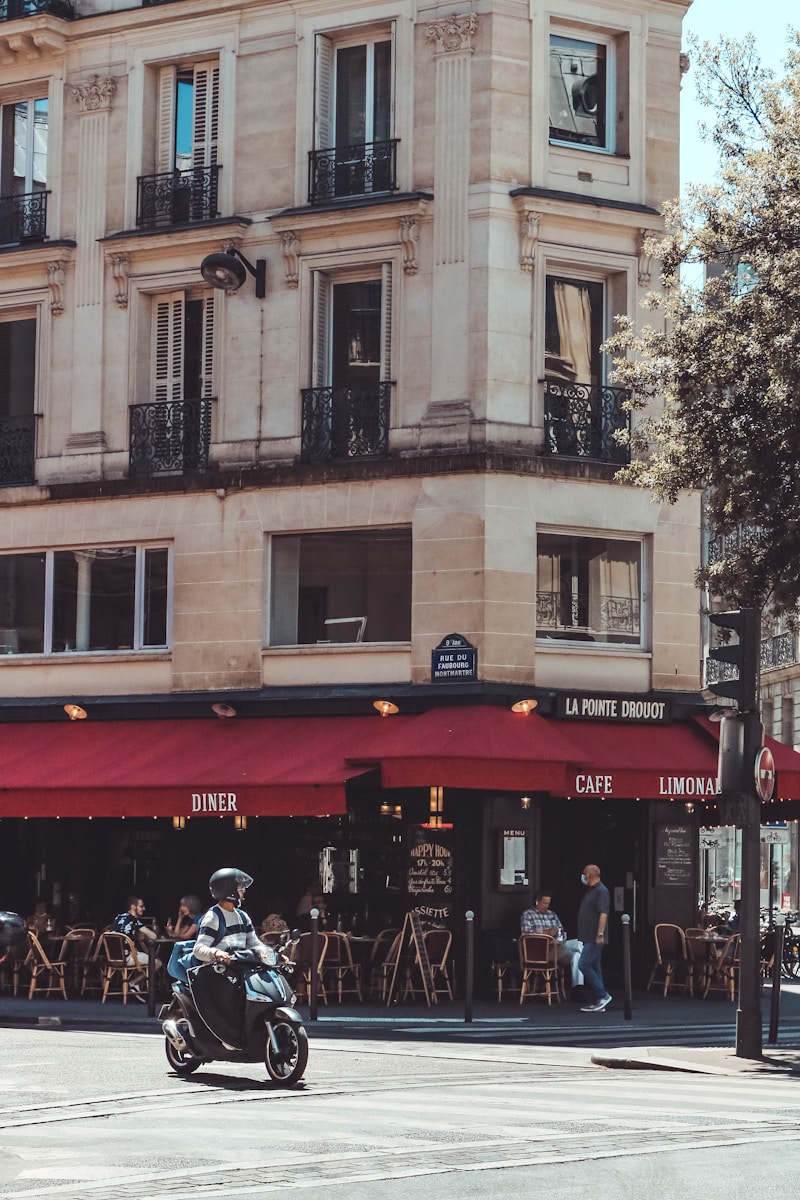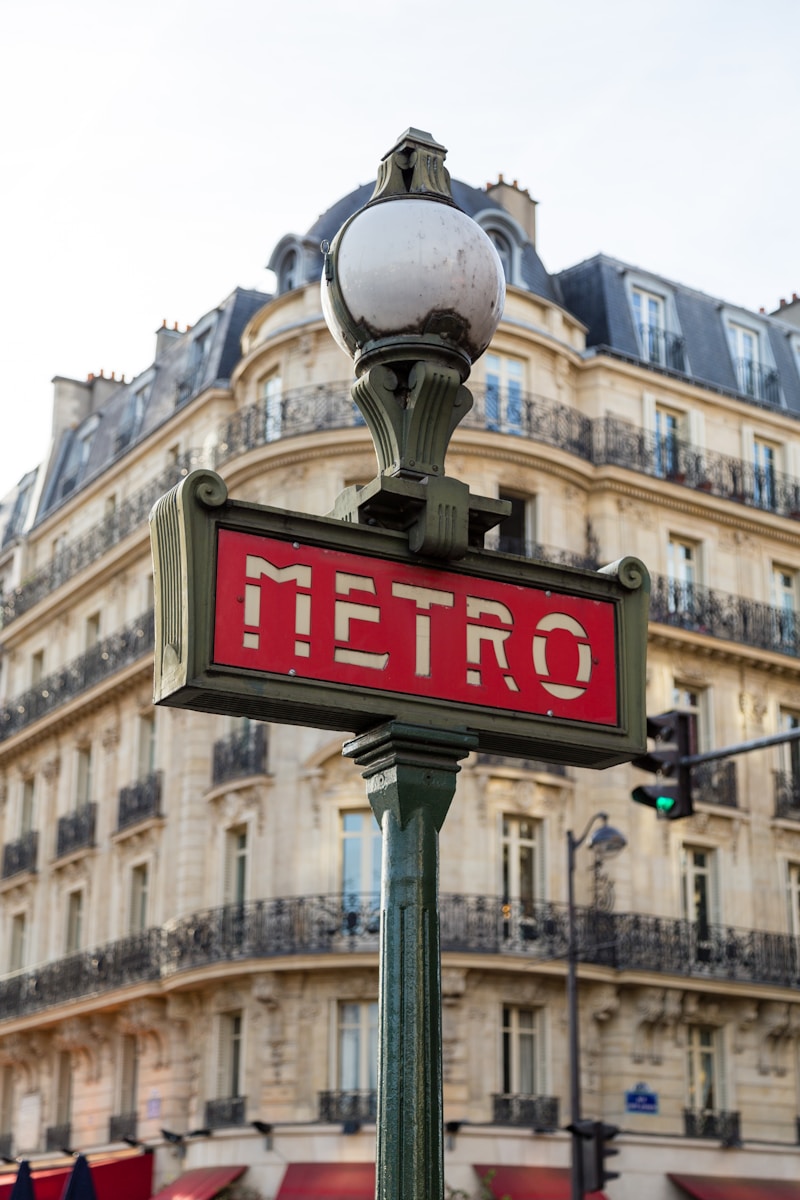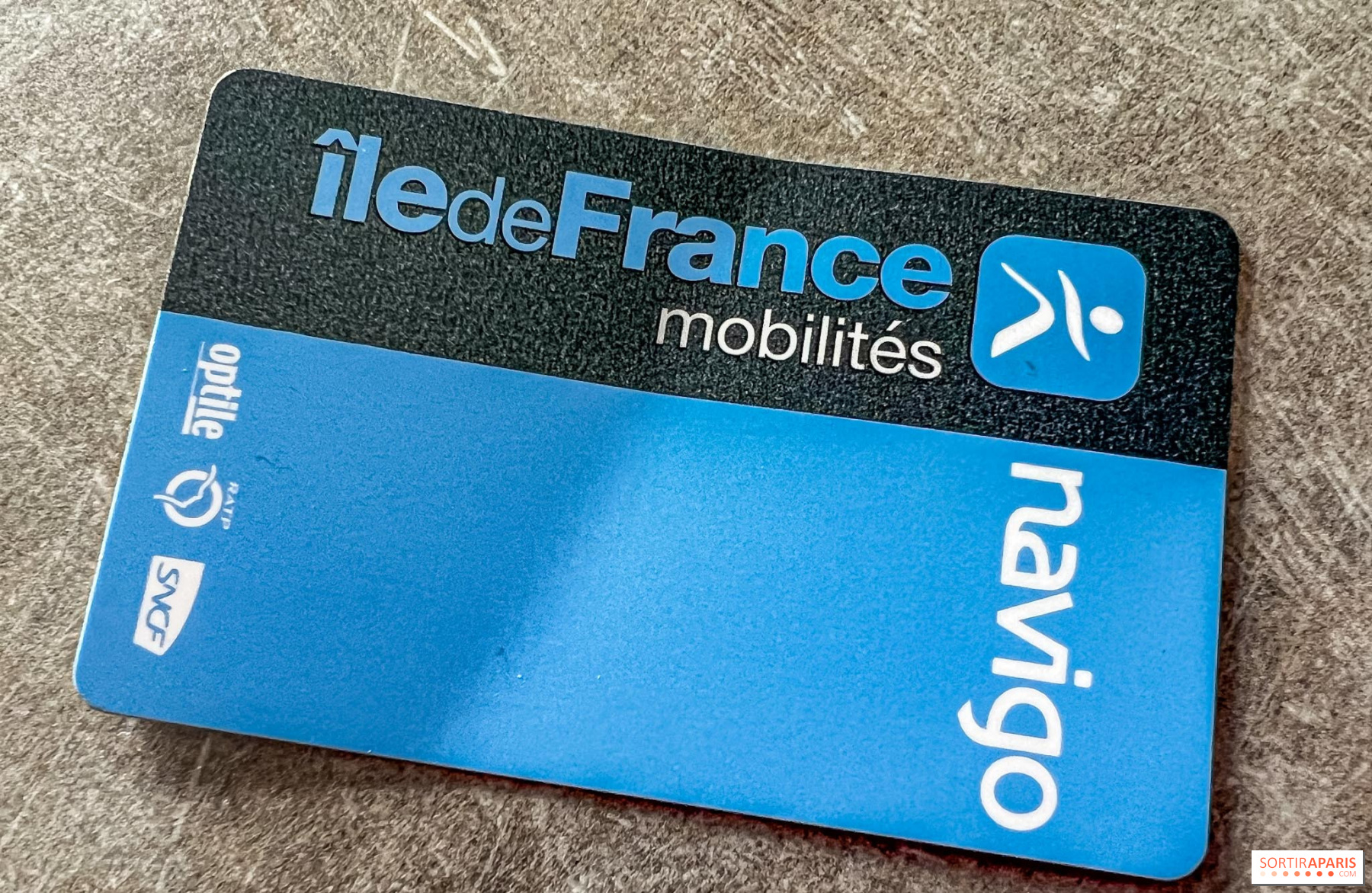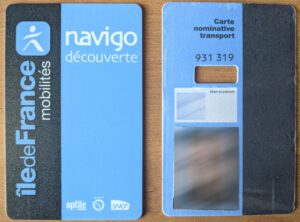Parking & mobility
In this section, you’ll find tips on parking and getting around Paris by car, motorbike or bike. We’ll share the best parking spots, key city rules, and other useful info to help make your travels around town easy and hassle-free.
Car driving in Paris
If you’re bringing your car or scooter to Paris, parking in residential areas can be tricky. But don’t worry, we’ve got you covered! Check out the info we’ve gathered to help you find nearby spots and enjoy the city stress-free.
Street Parking zones
Paris has designated street parking zones, and most parking is paid. Zones are color-coded and vary in price depending on their proximity to the city center. Rates are higher in central areas (up to €6/hour) and lower in outer districts. Look for nearby signs that display:
- Pricing: Hourly rates and maximum parking durations.
- Hours of Enforcement: Typically from 9 AM to 8 PM, Monday to Saturday (free on Sundays and holidays).
- Restrictions: Some areas may have residential-only or loading-zone rules.
Payments can be made via parking meters or mobile apps. Check out our recommendations below.
Public parking lots
For secure and long-term parking, use underground or multi-story parking garages. They’re often conveniently located near major landmarks or metro stations. We collaborate with Parclick a helpful tool for finding the best parking spots in the city. Discover the exclusive deal you get here Ukio Parclick
Time limits
Paid parking zones often have strict time limits, so make sure to check the meter or signs to avoid fines.
Payment methods & Apps to use
Parking meters typically accept cards and mobile apps like PayByPhone.
Flowbird is Paris’s go-to mobility app, letting you easily pay for parking and check parking availability—all from your phone. Give it a try here.
Driving in Paris
Bringing your car to Paris long-term requires understanding the city’s driving regulations, including low-emission zone (ZFE) requirements and traffic initiatives. Stay updated to ensure a smooth driving experience. Learn more here.
Traffic Restrictions in Central Paris
Central Paris has implemented restrictions on through traffic to reduce congestion and pollution. Only residents, delivery vehicles, public transport, and emergency services are allowed to drive in certain areas.
Visitors are encouraged to use public transport, bike-sharing services, or park in designated areas outside the restricted zones.
Motorbiking in Paris
Paris is a scooter-friendly city, with many residents opting for scooters and motorbikes to navigate the busy streets. Here’s what you need to know:
Parking rules
Motorbikes must park in designated spots, often located on streets or specific parking zones. Avoid parking on sidewalks, as this can lead to fines.
Helmets are mandatory, and wearing reflective gear is recommended, especially at night or during low visibility.
Motorbike Parking in Paris
Parking your motorbike in Paris is no longer free. Designated parking areas now require payment. For details on locations and rates, check out Saemes Parking.
Navigating the City
Paris has heavy traffic, so stay alert and follow traffic laws. Use dedicated motorbike lanes whenever available.
Renting options
We’ve partnered with eCooltra, a leading electric scooter rental company, to offer you exclusive perks in Paris. Click here to learn more. Other popular options in Paris include Cityscoot, Troopy, and Coup for easy and convenient rides around the city.
Fuel stations
Easily find gas stations across Paris. Many accept contactless payments, and most stations provide both fuel and electric charging options for scooters. Here is a detailed map with the exact locations of gas stations in Barcelona, along with nearby amenities and traffic information:
Useful Resources


Cycling in Paris
We believe biking is a fantastic way to explore Paris and enjoy its charm sustainably! The city is bike-friendly, with well-developed infrastructure and plenty of options for cyclists.
Safety rules
Always wear a helmet (recommended, though not mandatory) and obey traffic signals. Stick to bike lanes, use hand signals when turning, and equip your bike with lights and a bell.
Parking rules
Park only in designated bike racks or stands, commonly found across the city, especially near metro stations and major landmarks. Avoid blocking sidewalks or private spaces.
Bike lane logic
Paris has over 1,000 km of bike lanes, including segregated paths and shared roadways. Use protected lanes where possible and follow directional signs to stay safe.
Rental options
Taxis & Rideshare in Paris
Reliable taxis and rideshare options like Uber and Bolt make getting around Paris convenient and stress-free.
Rates
Taxi fares start at €4, with additional charges for distance (€1.10–€1.60/km) and time. Rideshare rates vary by demand but are often competitive. Night and airport trips may include extra fees.
Accessibility
Taxis and rideshares are widely available, with many offering wheelchair-accessible vehicles. Look for “G7 Access” or similar services when booking.
Apps and online booking
Use apps like Uber, Bolt, or G7 Taxi for easy booking. Most services allow cashless payment and provide estimated fares upfront for convenience.


Public transport in Paris
Paris boasts an extensive and efficient public transport system, perfect for exploring the city. Here’s what you need to know:
Metro
The Paris Metro is fast and easy to navigate, with 16 lines covering the city and surrounding areas. Trains run every 2–5 minutes, and a single ticket (€1.90) allows unlimited transfers within 90 minutes.
Bus
Paris has an extensive bus network, with over 60 lines operating throughout the city. Buses are a good way to explore scenic routes, and tickets are the same price as the metro.
Trains
The RER trains connect central Paris with outer suburbs and nearby cities, including Versailles and Disneyland Paris. Tickets vary by distance, with single rides starting at €1.90
Transportation in Paris
Paris boasts an extensive and efficient public transportation system, including metro lines, buses, and RER commuter trains. Tickets can be purchased at stations, from ticket machines, or via the official Île-de-France Mobilités app. The network offers various fare options to suit different needs, from single tickets to multi-day passes.

Single Tickets
≃ €2.50
- Valid for one journey on the metro, buses, or trams, with transfers allowed within 90 minutes.

Navigo Monthly
≃ €88.80
- Unlimited rides for one day
- Price valid for buses, trams and metros in zone 1 only
- Allows a maximum of one return trip from the airport T1 and T2 metro stations

Paris Visite Pass
≃ €29.90
- Ideal for tourists, offering unlimited travel for 1–5 days across metro, buses, RER, and trams.
Key contacts
We’re always happy to help! Feel free to reach out to our Guest Experience team anytime.
